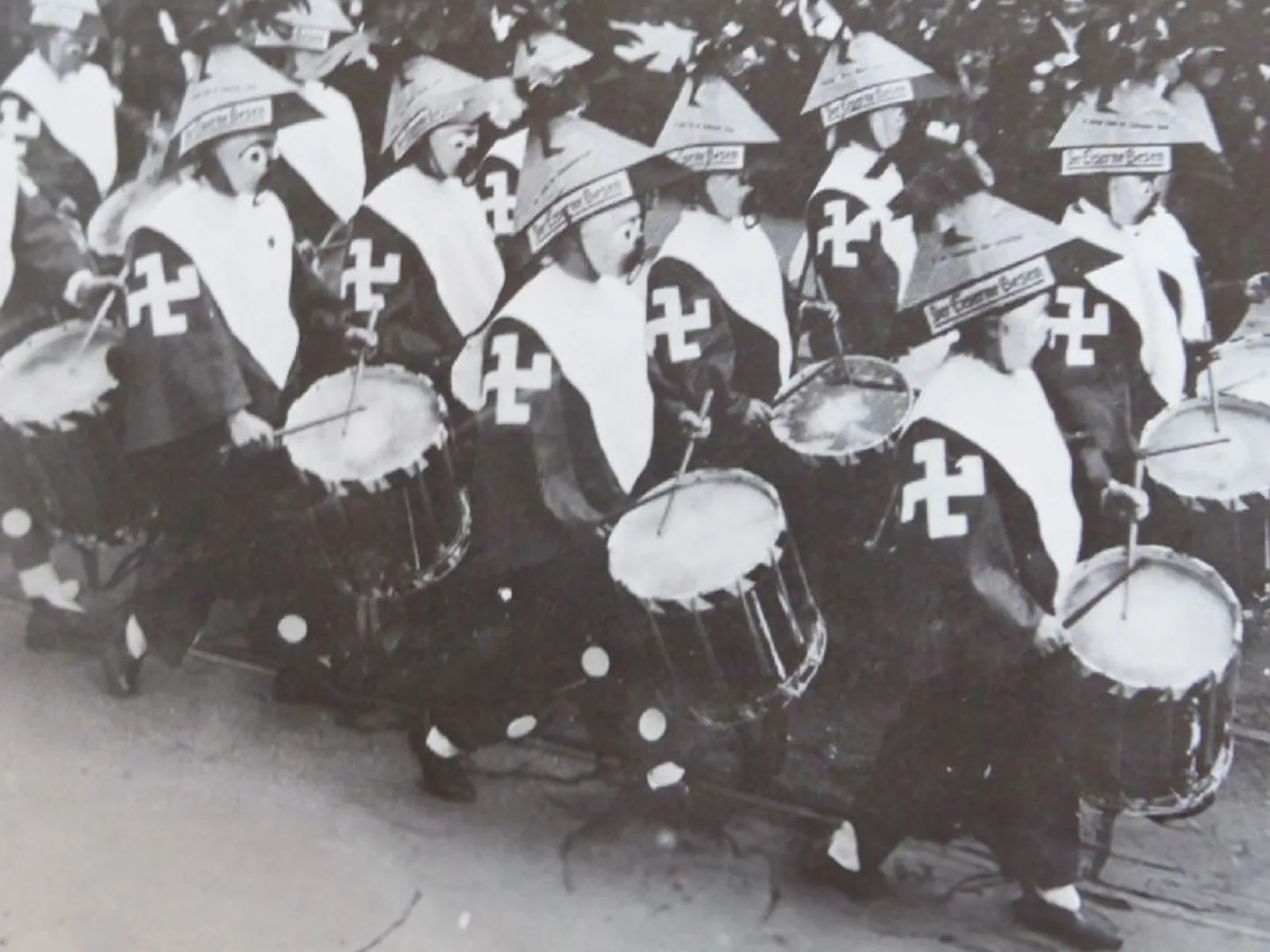
Basel Carnival in the 1930s: don’t upset the Nazis
At Basel Carnival, anyone and anything is fair game. But from 1933 things got tricky.
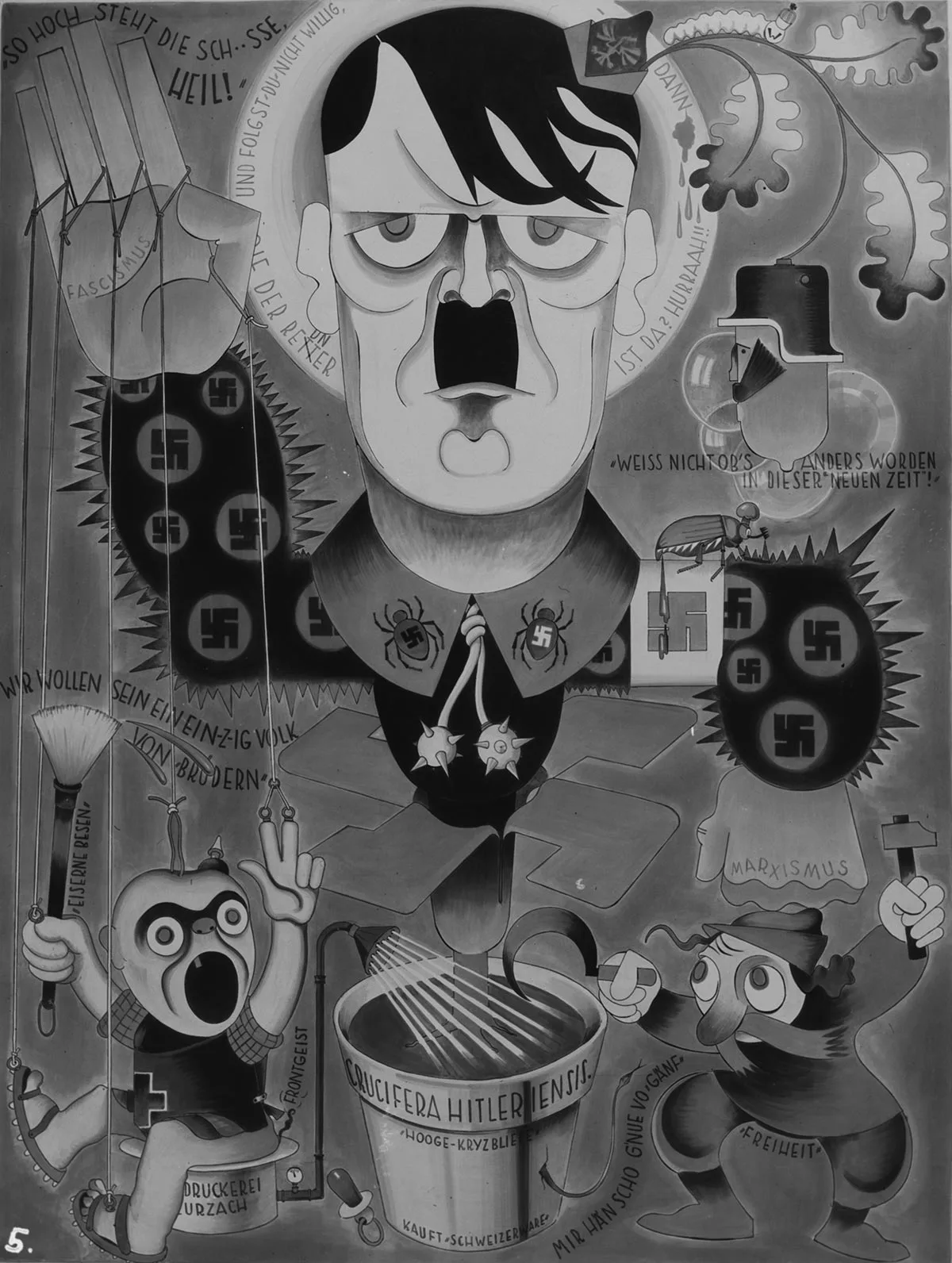
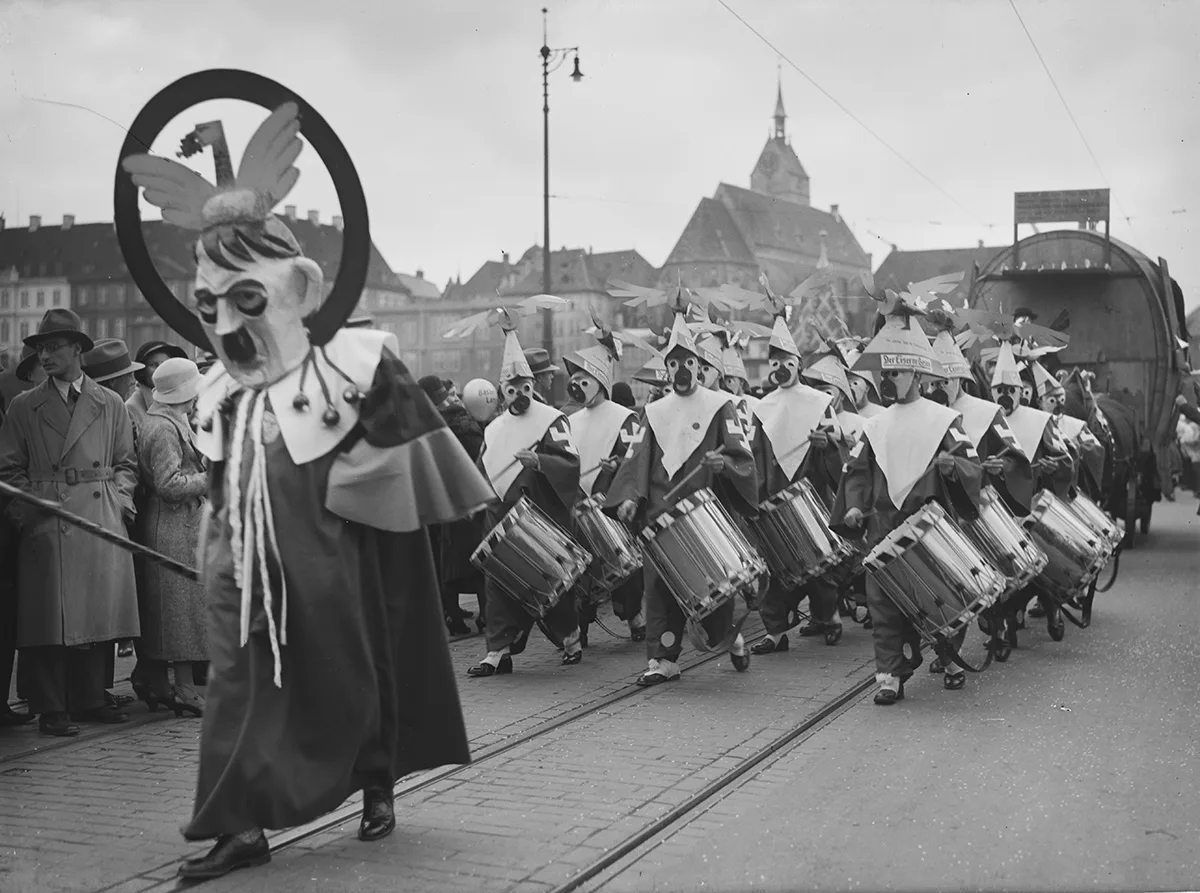
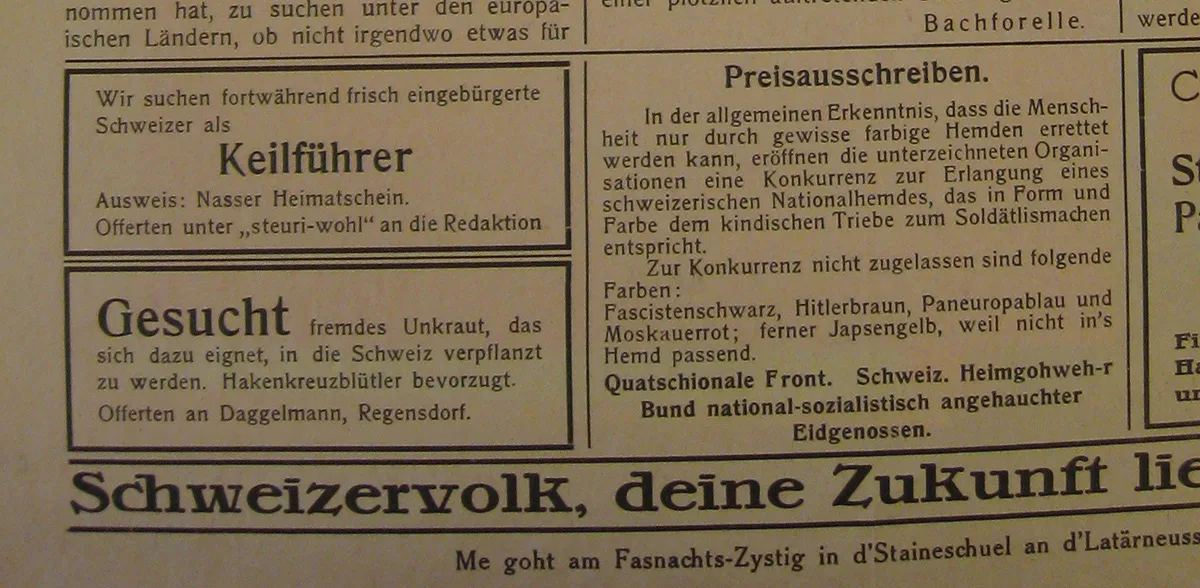
A police department on edge
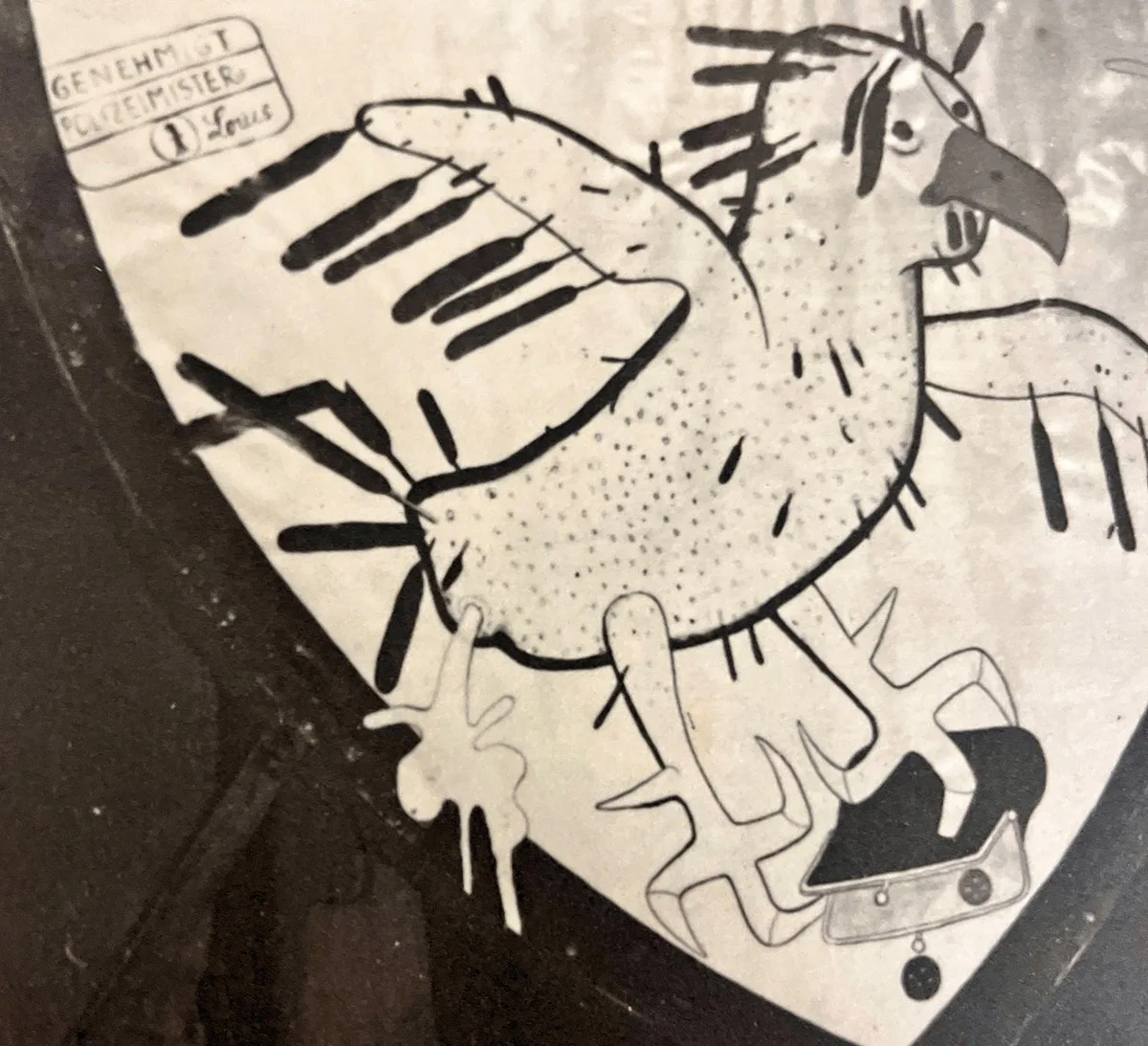
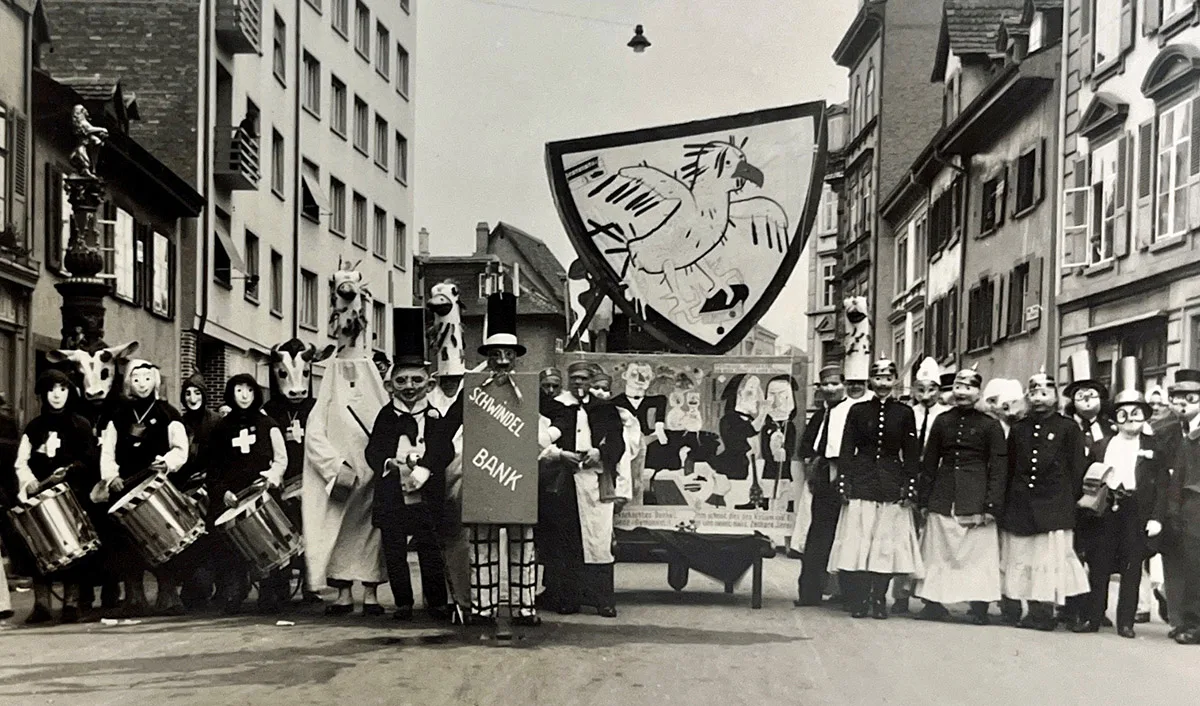
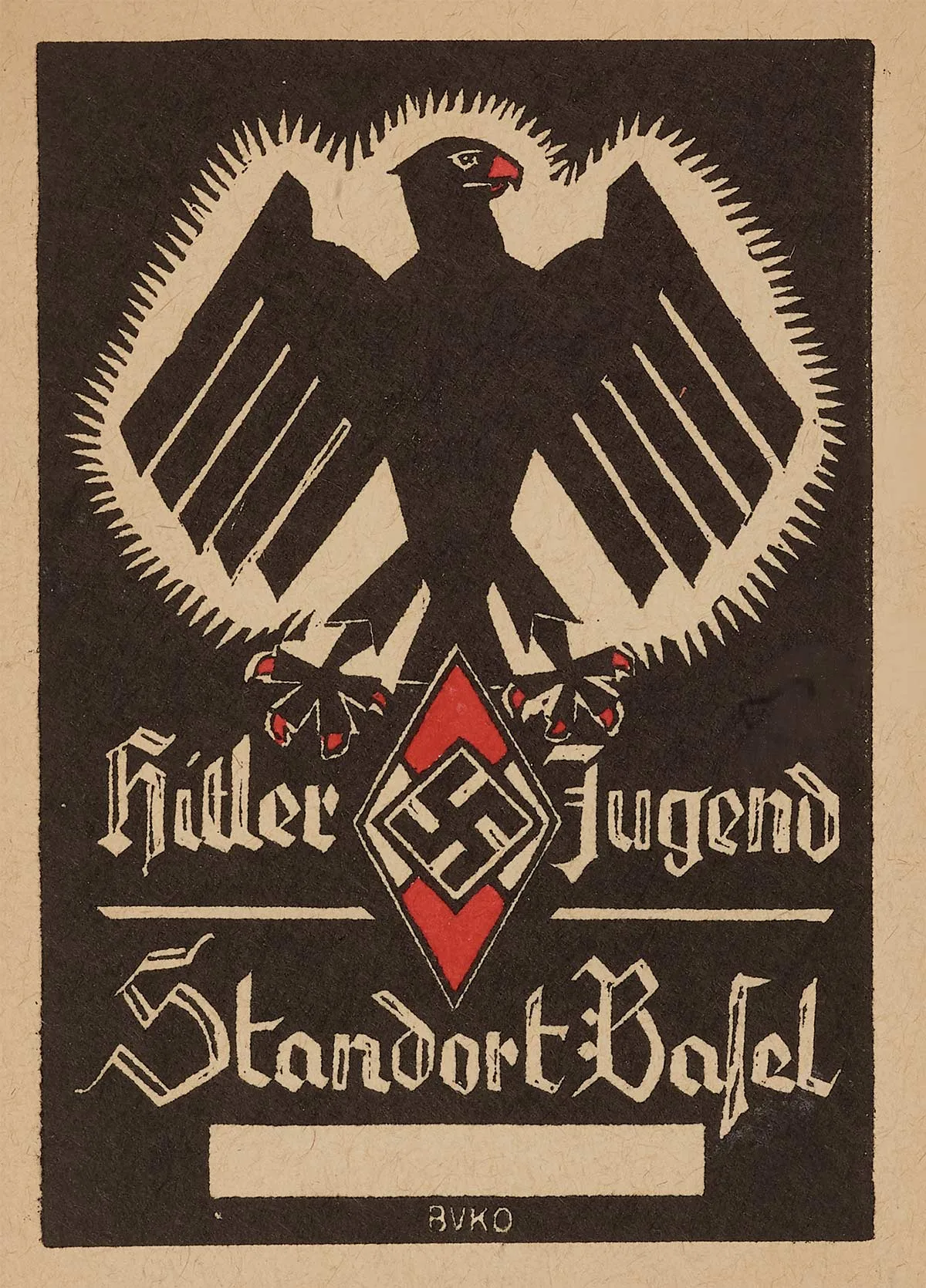
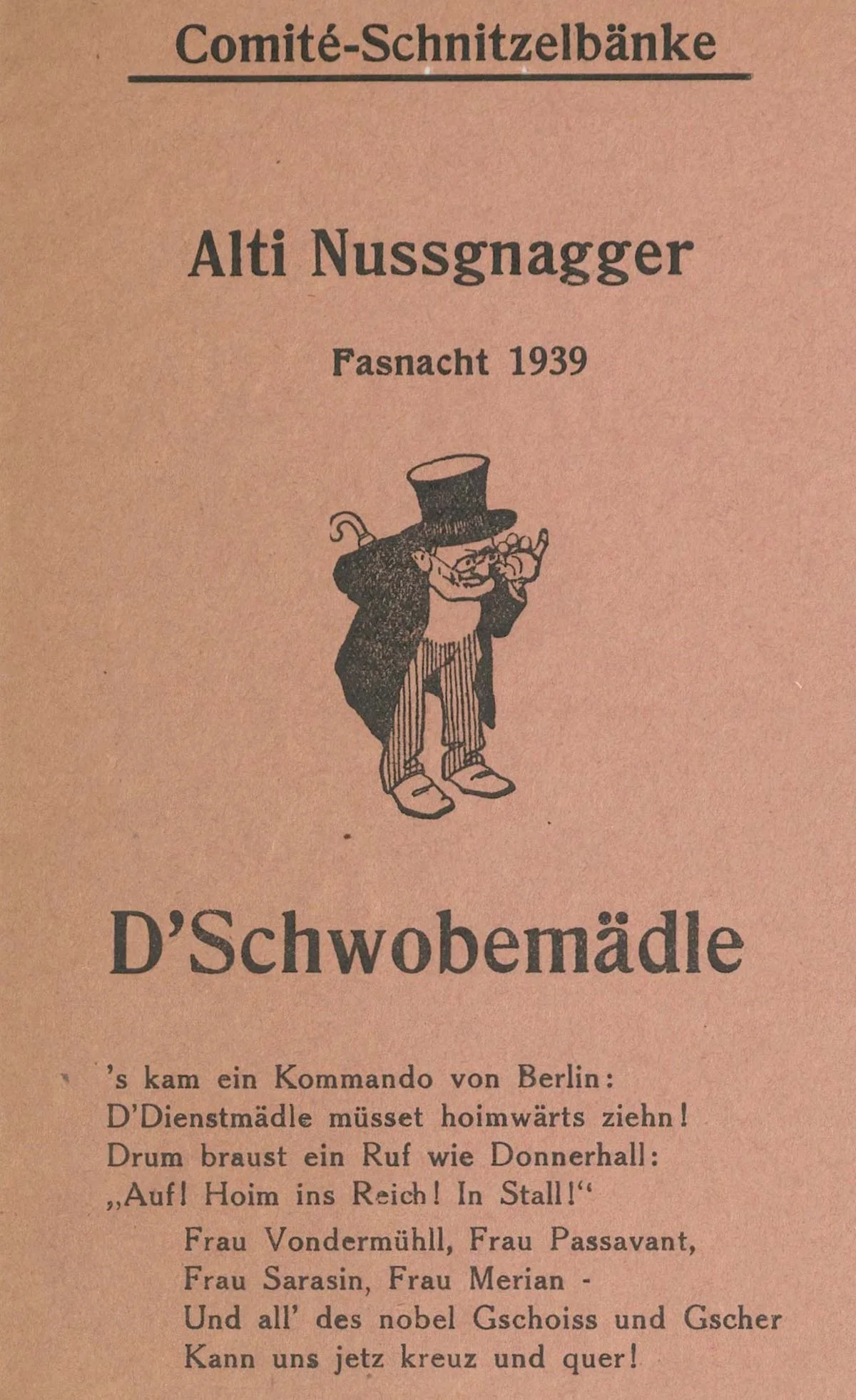

At Basel Carnival, anyone and anything is fair game. But from 1933 things got tricky.






